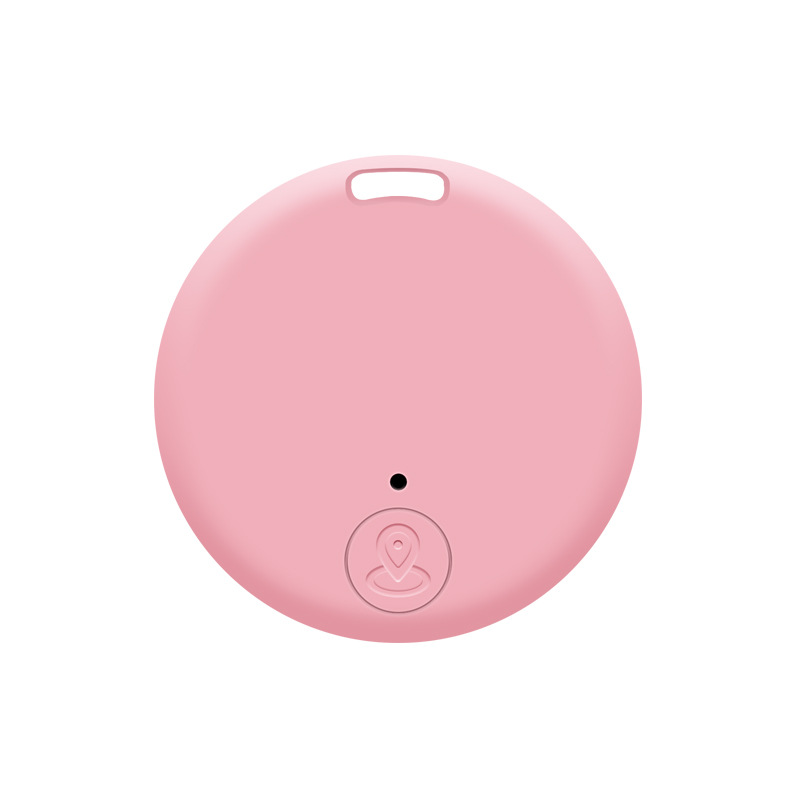
Beacon technology has become popular across industries for its ability to provide contextual, location-based experiences. Here are some of the major ways beacons are being used:
Retail
Retailers are using beacons heavily in-store to engage with customers. Beacons placed on shelves can detect when a shopper is looking at a product and deliver details, reviews, personalized promotions, or any other relevant content to their smartphone. Retailers can also track shopper behavior analytics from beacon interactions. When a loyal customer enters the store, the mobile app can identify their presence and push personalized offers.
Museums and Tourism
Museums and tourist destinations are leveraging beacons to provide interactive exhibits and guided tours. Visitors can opt-in through a museum app to have audio, video, text, or other content about exhibits automatically begin playing as they explore. Beacons also power indoor mapping and navigation to guide visitors through large venues. Outdoors, beacons attached to landmarks provide history and facts in multiple languages.
Airports and Transit
Airports, subways, buses and other transportation hubs are using beacons to provide wayfinding, real-time updates, and location-based advertising. Beacon networks guide travelers to gates, platforms, baggage claim, or other locations throughout the venue. Transit systems can beam schedules, delays, and routing directly to a rider’s phone as their stop approaches. In-transit advertising platforms serve ads to phones based on the passenger’s real-time location.
Smart Homes
Homeowners are installing beacon networks to enable smart home functionality. Beacons on appliances can trigger actions when residents enter a room, like turning on lights or the TV. Home devices like thermostats can also be controlled based on which family members are present. Smart locks unlock as homeowners arrive. Beacons also improve indoor navigation and guidance for visually impaired residents.
Healthcare
Hospitals utilize beacons for asset tracking,Workflow optimization, wayfinding, and monitoring healthcare “Internet of Things” devices. As nurses enter a room, relevant patient info can be pushed to their devices. Beacons on movable medical equipment ensure it is in the right location when needed for scheduled procedures. Patients and visitors can be guided to departments throughout sprawling hospital campuses.
Events and Conferences
At conferences, attendees can opt-in to networked beacons that identify their interests and objectives to recommend relevant exhibitors and sessions. As they enter a booth, customized information is sent. Beacons also assist with attendee navigation through the venue. At live events, beacons beam special offers on concessions based on attendee location.
Warehouses and Logistics
Warehouses attach beacons to inventory items, palettes, forklifts, and equipment to provide real-time location and status throughout facilities. Managers gain analytics on materials handling operations. Routing instructions can guide pickers to the most efficient locations to fulfill orders accurately and quickly.
As prices continue to decrease, expect beacon adoption to grow across industries. Virtually any organization can find ways to utilize beacons’ precise micro-location capabilities to improve experiences and gain greater intelligence. The versatile technology provides the proximity framework for all types of innovative applications.


